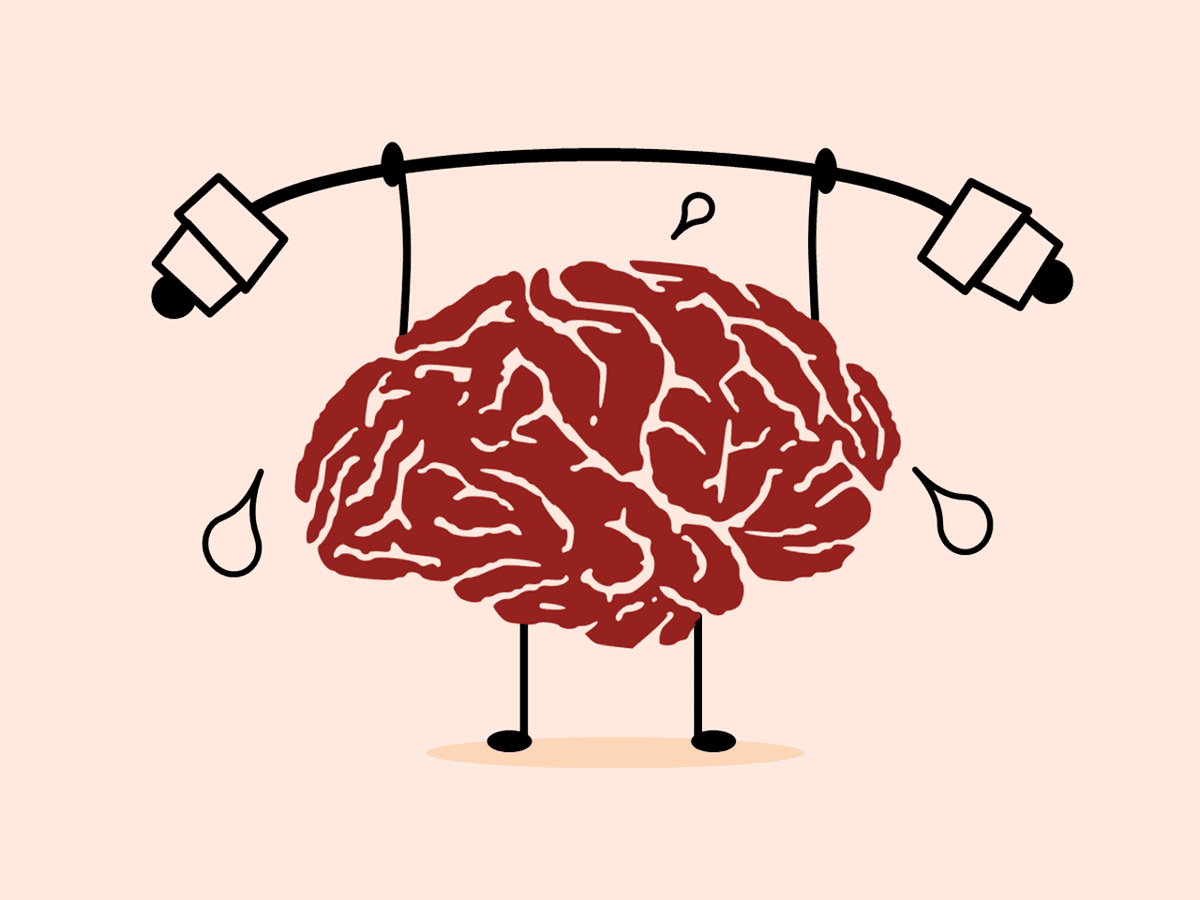Detailed Guide to Inpatient Mental Health Services Programs
Detailed Guide to Inpatient Mental Health Services Programs
Blog Article
Inpatient Mental Health Services: A Course to Healing and Stability
Inpatient mental health services play a crucial function in resolving severe emotional situations, supplying a carefully organized environment that fosters recovery and security. The intricacies of the admission process and the significance of aftercare raise critical inquiries concerning availability and effectiveness in the wider context of mental wellness treatment.
Comprehending Inpatient Mental Health Providers
Inpatient psychological health solutions are necessary for supplying extensive and structured treatment to individuals experiencing severe emotional distress or mental disorder. These solutions commonly include the admission of individuals to specialized facilities where they receive continuous guidance and support from a multidisciplinary group of psychological health experts. The primary objective of inpatient care is to maintain clients, guaranteeing their security and addressing severe symptoms that might pose a threat to themselves or others.
Inpatient programs frequently include a series of therapeutic treatments, consisting of private and team therapy, drug administration, and psychoeducation. The organized atmosphere is developed to promote recovery by providing a constant regimen, lessening external stressors, and promoting the development of dealing approaches.
Admission to inpatient services is generally considered when outpatient treatment alternatives have shown not enough or when a patient is in dilemma. Facilities might vary in terms of their particular focus, with some concentrating on certain disorders such as anxiety, material, or anxiousness usage. Via comprehensive assessments and tailored treatment plans, inpatient mental health and wellness services aim to supply the needed assistance for individuals to restore stability and prepare for a transition to less extensive degrees of care.
Benefits of Inpatient Care
The benefits of inpatient care are substantial, specifically for individuals facing intense mental health obstacles. Inpatient treatment provides an organized environment that cultivates recovery by lowering stress factors and disturbances related to day-to-day live. This regulated setting permits clients to concentrate entirely on their psychological health and wellness, facilitating the needed time for healing.
Moreover, inpatient treatment offers 24/7 access to clinical and restorative assistance. This constant accessibility makes certain that clients can obtain immediate interest throughout crises, which is critical for those experiencing severe episodes - inpatient mental health treatment. The joint method among clinical staff, including therapists, nurses, and psychiatrists, boosts the top quality of care and promotes a thorough therapy plan tailored to private requirements
In addition, the common aspect of inpatient care promotes a feeling of belonging and assistance amongst people. Team treatment sessions and shared experiences can reduce feelings of isolation, motivating individuals to involve in their recuperation proactively.
In addition, inpatient programs often provide clients with vital coping methods and abilities that can be testing to establish in outpatient setups. By attending to underlying problems within a helpful framework, inpatient treatment can bring about much more stable end results and a smoother change back to day-to-day life, ultimately leading the course to continual healing.
Treatment Techniques and Therapies
Different treatment approaches and therapies are used in inpatient psychological health and wellness services to address the unique demands of each person. These approaches are created to help with recovery and advertise psychological stability in a structured setting.

Cognitive Behavior Therapy (CBT) is a commonly utilized technique, assisting individuals in recognizing and changing adverse thought patterns that add to their mental health and wellness issues - Inpatient Mental Health Program. Dialectical Behavior Modification (DBT) is another efficient approach, particularly for those with borderline character disorder, concentrating on psychological regulation and interpersonal efficiency
Pharmacotherapy plays a crucial role in therapy, with psychiatric medications recommended to take care of symptoms of conditions such as anxiety, anxiousness, and schizophrenia. Normal surveillance and adjustments guarantee the see this here efficiency of these medicines while lessening negative effects.
Team treatment cultivates a sense of community and support among patients, allowing them to share experiences and coping strategies. Additionally, all natural therapies, such as art and songs therapy, promote self-expression and psychological recovery.
Inevitably, the mix of these varied healing modalities supplies an extensive treatment plan tailored per person's details demands, intending to improve their general wellness and help with a successful change back right into day-to-day life.
The Admission Process
Navigating the admission procedure for mental wellness services is an essential very first action toward recuperation. During this analysis, the individual's psychological health background, symptoms, and instant needs are completely examined.
When the assessment is completed, the following step entails discussing the prospective therapy choices. The specific and the treatment team collaboratively determine on the most effective training course of action, which may consist of inpatient treatment if the circumstance is considered severe. This is complied with by the conclusion of necessary documents, consisting of insurance verification and authorization forms, to make sure that all lawful and financial facets are addressed.
Furthermore, household participation might be encouraged during this phase to supply assistance and collect perspectives on the individual's circumstance. Eventually, the admission procedure intends to develop a helpful and risk-free atmosphere for the individual, enabling a smooth transition into inpatient care. By comprehending and taking part in this procedure, people can take a vital action towards attaining psychological health security and recovery.

Aftercare and Ongoing Assistance
After finishing an inpatient mental health and wellness program, people often deal with the essential task of transitioning to aftercare and continuous assistance, which are essential for sustained healing. This stage is crucial for enhancing the skills and coping systems discovered throughout the inpatient keep, guaranteeing that individuals remain to proceed in their psychological health journey.
Aftercare usually entails a mix of outpatient treatment sessions, assistance teams, and medication management. Taking part in routine therapy enables individuals to attend to continuous obstacles and create approaches to deal with stress factors in their day-to-days live. Assistance teams supply a sense of neighborhood and common experience, promoting link my explanation and understanding amongst peers dealing with similar struggles.
Furthermore, continuous support may include family involvement, where enjoyed ones are enlightened concerning psychological health and wellness problems and motivated to join the healing process. This holistic strategy develops a durable support network, enhancing the individual's opportunities of lasting security.
Eventually, aftercare and ongoing assistance act as a bridge between inpatient treatment and independent living, encouraging individuals to navigate their psychological read more health and wellness difficulties with resilience and self-confidence. Prioritizing these resources is essential for promoting a sustainable recuperation trajectory.
Final Thought

Inpatient psychological health solutions play an important role in attending to acute emotional crises, supplying a thoroughly organized environment that cultivates healing and stability.Inpatient psychological health solutions are important for giving extensive and structured treatment to people experiencing severe mental distress or mental health problem. Through extensive analyses and tailored treatment strategies, inpatient psychological health services intend to provide the required assistance for people to regain stability and prepare for a change to much less intensive levels of care.

Report this page